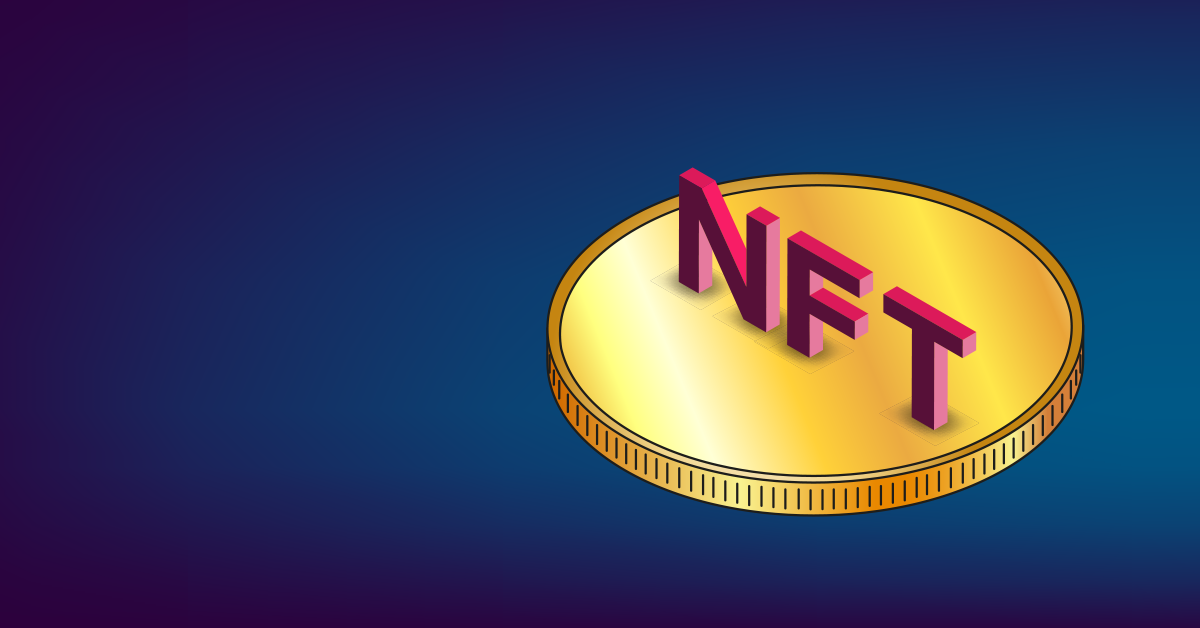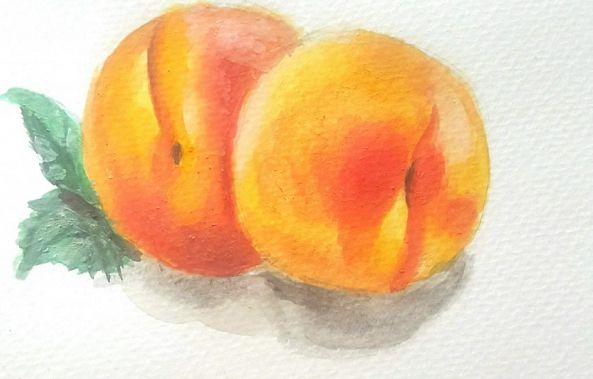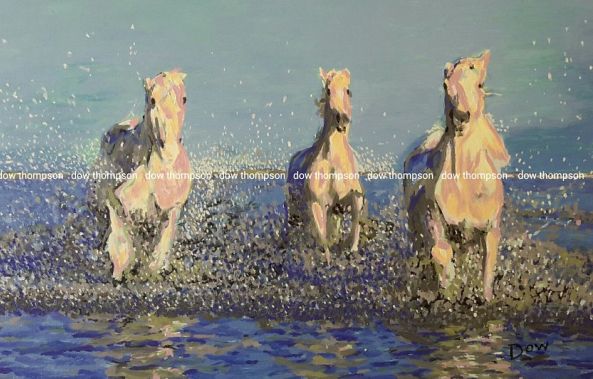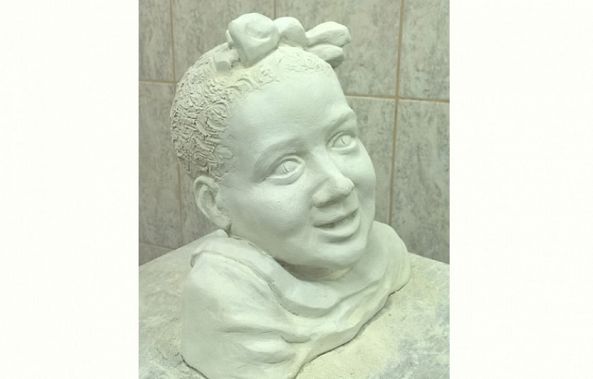5 Essential Things Every Artist Should Know About NFTs
NFT (nonfungible tokens) are blockchain-based databases that represent the ownership of digital assets. It is a form of a digital receipt. Blockchain is a system that was first created for Bitcoin and has since been adapted for use in various industries (as well as other cryptocurrencies). It generates an immutable transaction record by launching a new chain of details each time the product is transferred.
It's similar to Bitcoin or Ethereum. However, unlike a regular coin on the Bitcoin blockchain, an NFT is one-of-a-kind and cannot be traded for other NFTs (hence, nonfungible).
Nonfungible tokens are copyright certificates for a particular digital object such as a film, recording, or cyber artwork. A Logan Paul's single clip was sold for $20,000. Even some clips taken with a body camera can help you earn a lot of money.
What are NFTs, and how do they work?
Ethereum, like bitcoin and dogecoin, is a cryptocurrency, but its blockchain also endorses these NFTs. The crucial component is the extra details, which enable them to represent artwork, music, and video in PINs, MP3s, MP4, GIFs, and other formats.
They can be purchased and sold like other forms of art because they have real worth, and their value is primarily determined by market and demand, much like physical art.
The NFT is made up of your digital artwork and a blockchain agreement stating that you did create it and that it is the original.
The NFT can then be sold, and it will be recorded on the blockchain. You can even see where the work is sold on the secondary market and control the entire transaction logs.
What is the concept of fungibility?
Fungibility refers to an asset's capacity to be interchanged with other assets of the same type like currency, making exchange and trade operations more efficient and easy. NFTs are one-of-a-kind but unlimited, as well as nonfungible. Although NFTs, can grow in value, they cannot be traded for another NFT.

What makes them valuable?
Supply and demand, as with all commodity markets, are the primary market factors for price. People are paying a lot of money because of its high demand.
Some NFTs have the potential to be highly profitable for their owners. For instance, on the Decentraland virtual land network, one gamer purchased 64 lots and combined them into a unified estate. It was dubbed "The Secrets of Satoshis Tea Garden" and sold for $80,000 due to its desired place and good accessibility.
Be aware of copyright issues.
Copyright is a pillar of intellectual property, and artists should be aware of when and how to use it, especially in NFTs. Writers of the original photograph, illustration, or artistic works have the exclusive right to procreate and distribute copies of their work, as well as the power to establish derivative works under the Copyright Act of 1976.
cHOOSE THE BEST FORUM FOR MINTING AND SELLING YOUR WORK.
NFT marketplaces' "do-it-yourself" process allows artists to sell crypto-art without the help of an auction place or exhibition. It's quick to get confused with over 50 locations to mint and trade NFTs.
NFT marketplaces allow users to share their creative pieces and purchase other people's work, which is a great deal of fun. Let's take a closer look at the three most successful NFT exchanges.
OPEN SEA
OpenSea is one of the most inclusive and user-friendly platforms. There is no need for any verification form; anyone can build an account and start minting NFTs. OpenSea also makes it simple to apply your artwork or digital collectibles. If you want to sell your parts, you'll have to pay some amount, which is the cost of connecting with the OpenSea smart contract; however, you have to do this once.
VARIABLE
On this platform, you must pay for each artwork you mint. So, while having your work shown here is more straightforward, the cost is much higher, as each piece would cost between $40 and $80 to mint.
FOUNDATION
This platform is somehow difficult for beginners in this field. To even upload your first artwork, you'll need a minimum amount of audience upvotes from other artists. The best way to join Foundation is to receive an invitation from some artists already on Foundation. This will enable you to skip that step and get right to selling your art.











